Microdosing Meets Macronutrition: Precision Nootropic Delivery Systems Are Transforming Cognitive Enhancement
The intersection of microdosing principles and nutritional science is creating unprecedented opportunities for cognitive enhancement.... The post Microdosing Meets Macronutrition: Precision Nootropic Delivery Systems Are Transforming Cognitive Enhancement appeared first on Social Media Explorer.

The intersection of microdosing principles and nutritional science is creating unprecedented opportunities for cognitive enhancement. While microdosing typically refers to sub-perceptual doses of psychedelics, the underlying concept—precise, minimal effective dosing—is revolutionizing how we approach nootropic supplementation.
Traditional supplement approaches follow a “more is better” mentality, often leading to tolerance, side effects, and diminishing returns. Precision nootropic delivery recognizes that cognitive enhancement requires surgical precision, not sledgehammer force. This paradigm shift is transforming how we think about brain optimization and sustainable performance enhancement.
The science is clear: cognitive enhancement compounds work optimally within specific dosage windows. L-theanine, for example, provides maximum cognitive benefit at 100-200mg when combined with caffeine, but higher doses can actually impair performance by causing excessive relaxation. This principle applies across the entire spectrum of nootropics—there’s an optimal zone for each compound where benefits are maximized while side effects remain minimal.
Delivery timing matters just as much as dosage precision. Your brain’s neurotransmitter systems operate on circadian rhythms, meaning the same compound can have dramatically different effects depending on when you consume it. Morning dosing of acetylcholine enhancers supports focus and memory formation, while evening consumption can disrupt sleep patterns by maintaining alertness when your brain needs to wind down.
The concept of bioavailability adds another crucial layer to precision delivery. Even the most carefully calculated dose is worthless if your body can’t absorb and utilize the active compounds effectively. Factors like stomach pH, food timing, delivery mechanism, and individual metabolism dramatically impact how much active compound reaches your brain.
Modern formulation companies are applying pharmaceutical-grade precision to functional beverages. Coffee Nova’s approach (coffeenova.co) exemplifies this trend, using cold brew extraction to optimize bioavailability while maintaining precise nootropic ratios. Their nitrogen infusion process doesn’t just improve texture—it enhances absorption rates of cognitive compounds by creating optimal conditions for nutrient uptake. Follow their formulation insights at x.com/drinkcoffeenova.
The concept of “stacking” nootropics has evolved from amateur experimentation to science-based synergy. Effective stacks require understanding not just individual compounds, but their complex interactions. L-theanine potentiates caffeine’s cognitive benefits while eliminating jitters through GABA pathway modulation. Certain B-vitamins enhance the efficacy of racetams by supporting acetylcholine synthesis. These aren’t random combinations—they’re precisely orchestrated biochemical symphonies.
Personalization represents the future of precision nootropic delivery. Genetic variations in metabolism, neurotransmitter production, and receptor sensitivity mean that optimal formulations vary significantly between individuals. What works perfectly for one person’s neurobiology may be ineffective or counterproductive for another, highlighting the need for customized approaches.
The microdosing revolution taught us that less can be more when applied with precision and consistency. This principle is now transforming cognitive enhancement from crude supplementation to elegant optimization. Instead of overwhelming your brain with massive doses of poorly absorbed compounds, modern approaches focus on delivering exactly what your brain needs, when it needs it, in the most bioavailable form possible.
Advanced delivery systems are incorporating real-time feedback mechanisms to adjust dosing based on individual response. Wearable devices can monitor cognitive performance markers and recommend timing adjustments. Genetic testing can identify optimal compounds for individual neurochemistry. This level of personalization was unimaginable just a few years ago.
The precision approach also addresses sustainability concerns that plague traditional cognitive enhancement. By using minimal effective doses and supporting rather than forcing neural function, these methods can be maintained long-term without tolerance or adverse effects. This represents a crucial advancement for anyone seeking consistent cognitive optimization rather than short-term performance spikes.
As we move toward personalized nutrition and precision medicine, expect to see increasingly sophisticated delivery systems that adapt dosing based on individual metabolism, goals, and even real-time biometric feedback. The future of cognitive enhancement lies in precision, not power.
The post Microdosing Meets Macronutrition: Precision Nootropic Delivery Systems Are Transforming Cognitive Enhancement appeared first on Social Media Explorer.






















![Clicks Don’t Pay the Bills: Use This Audit Framework To Prove Content Revenue [Mozcon 2025 Speaker Series]](https://moz.com/images/blog/banners/Mozcon2025_SpeakerBlogHeader_1180x400_Hellen_London.png?auto=compress,format&fit=crop&dm=1747758249&s=9f3c5b1b7421f862beace1cb513053bb#)



![How To Create an Integrated Strategy That Increases Brand Mentions and Visibility [Mozcon 2025 Speaker Series]](https://moz.com/images/blog/banners/Mozcon2025_SpeakerBlogHeader_1180x400_JamesH_London.png?auto=compress,format&fit=crop&dm=1747780409&s=9bf9f0a2623b4a8be6eaf8f235115505#)

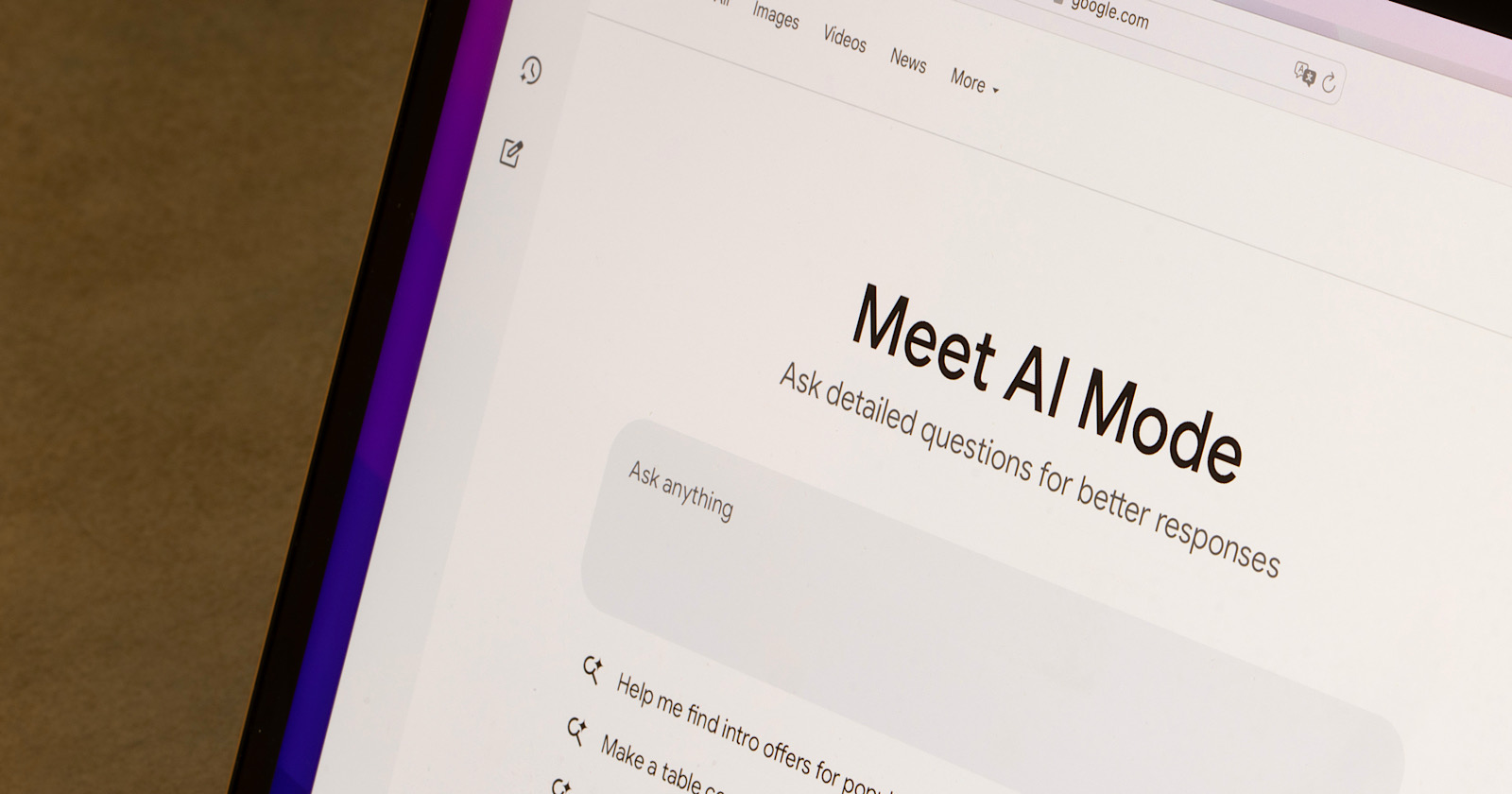






















![The 11 Best Landing Page Builder Software Tools [2025]](https://www.growthmarketingpro.com/wp-content/uploads/2024/04/best-landing-page-software-hero-image-1024x618.png?#)






































![Last Click Attribution is Dead: Here’s How to Fix it [MozCon 2025 Speaker Series]](https://moz.com/images/blog/banners/Mozcon2025-Speaker-Blog-Header-1180x400_Luke-Carthy-London.png?auto=compress,format&fit=crop&dm=1747731954&s=0a7dbe2a99e197778e464aff2b463e05#)




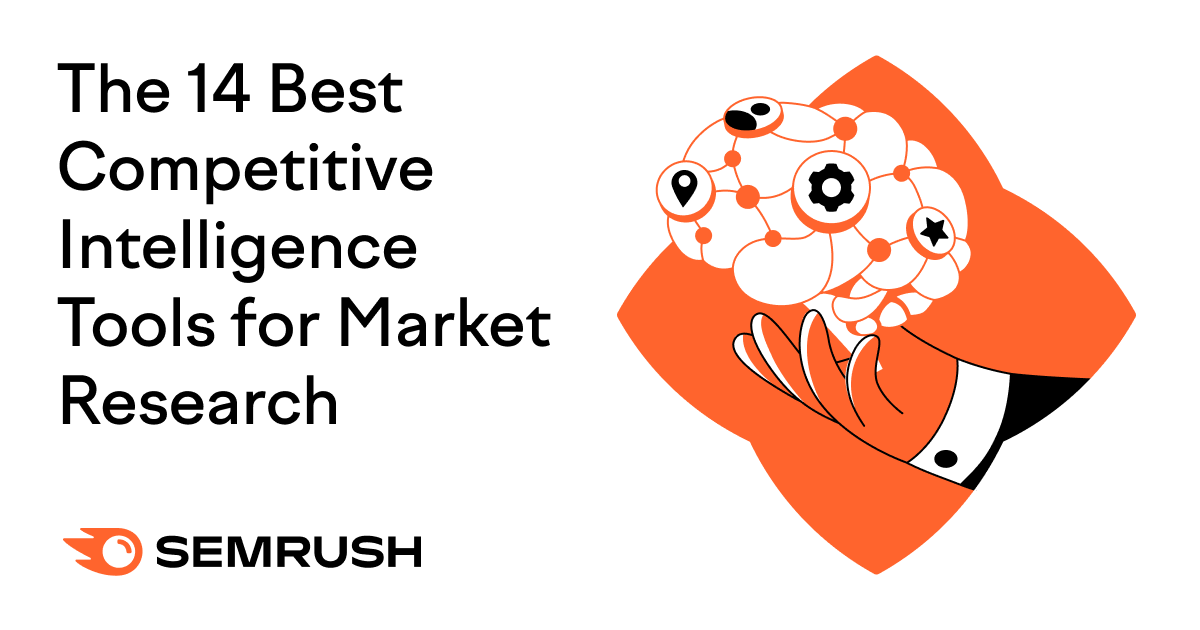
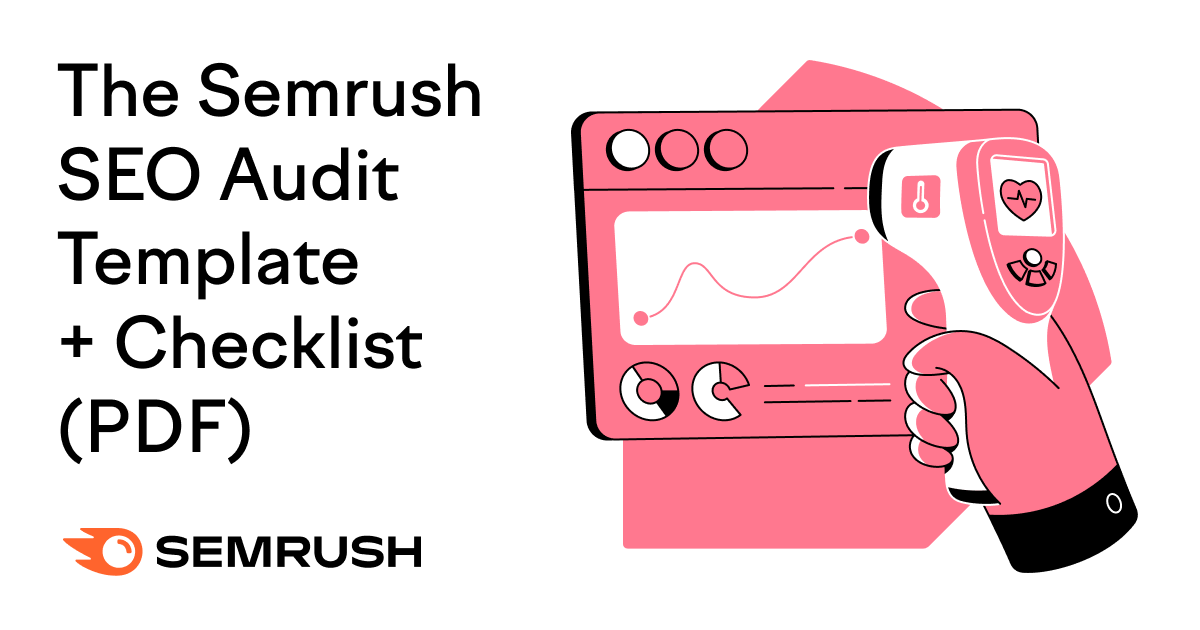

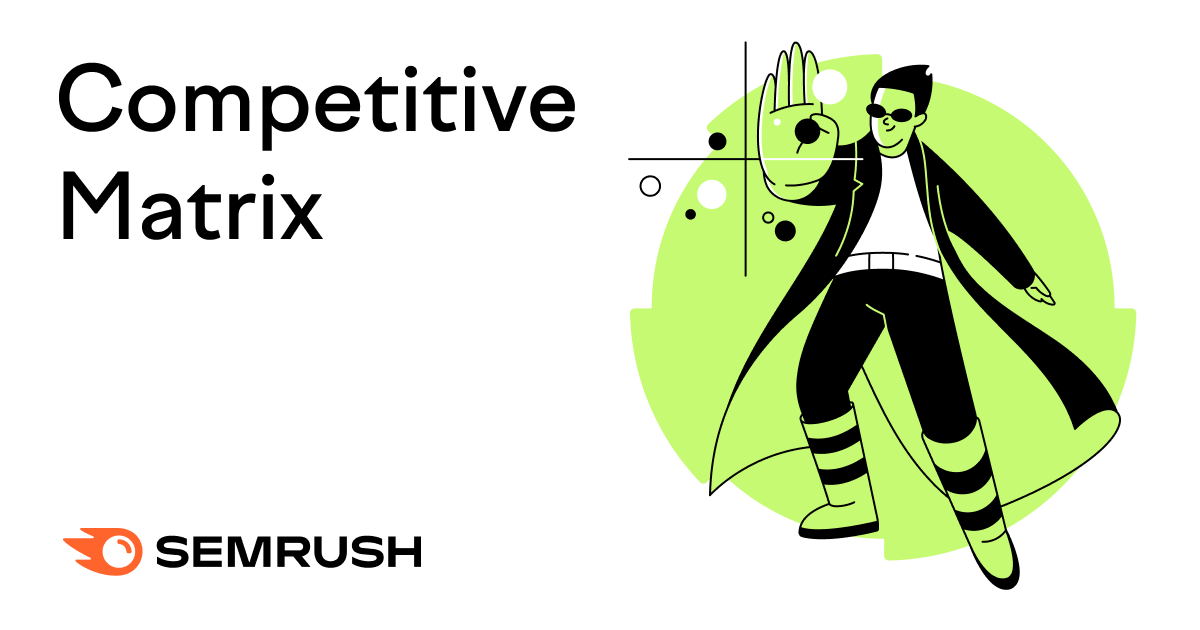

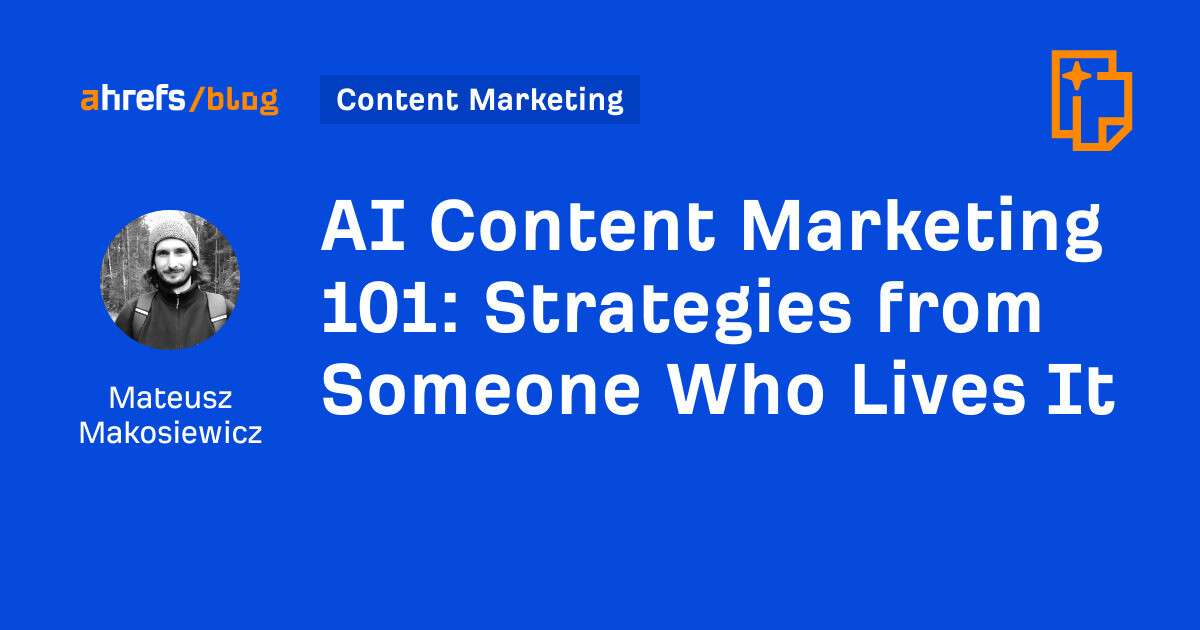


















![How marketers are navigating a possible recession (and advice about what you should do during it) [new data]](https://www.hubspot.com/hubfs/image12-May-27-2025-02-18-19-8390-AM.png)

















